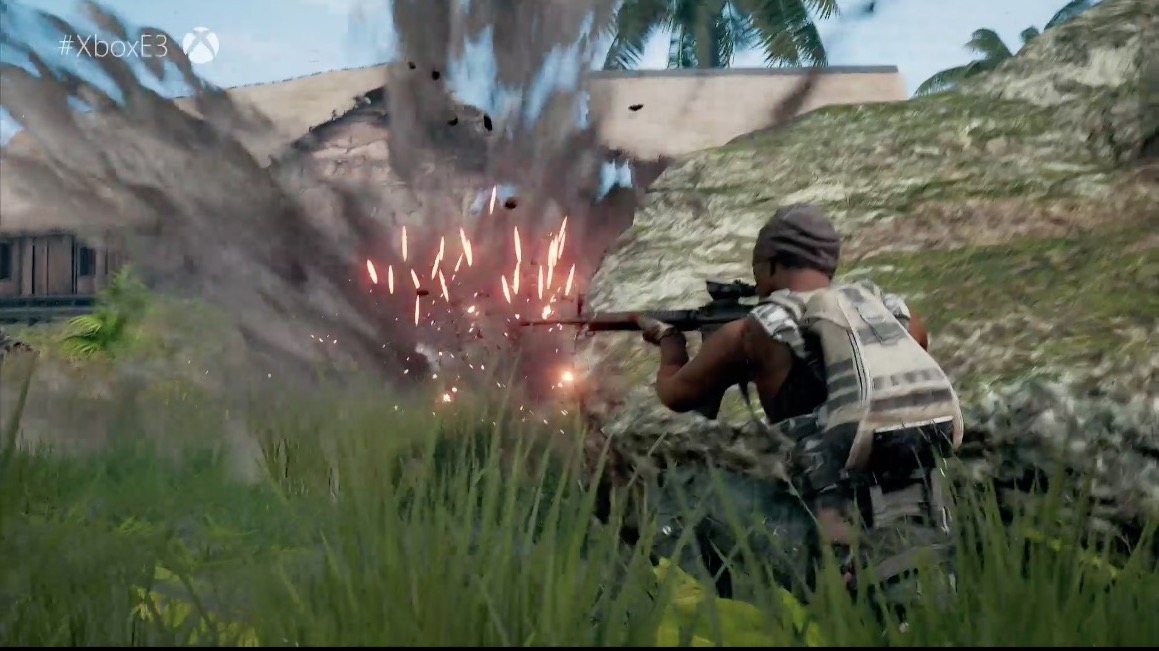PlayerUnknown’s Battlegrounds (PUBG) is changing the world of gaming with nearly 100 million daily players. But creator Brendan Greene and PUBG Corp. development head Taeseok Jang are trying to stay focused on improving their battle royale game across the PC, consoles, and mobile devices.
I sat down with Greene and Jang at the 2018 Electronic Entertainment Expo (E3), the big game trade show last week in Los Angeles. In the interview, Greene said the 300 developers at PUBG Corp. and its owner Bluehole in South Korea are focusing on making the game more stable, building up the systems to enable easier game modding, and adding new maps to keep the players coming back.

Unlock premium content and VIP community perks with GB M A X!
Join now to enjoy our free and premium membership perks.
![]()

![]()